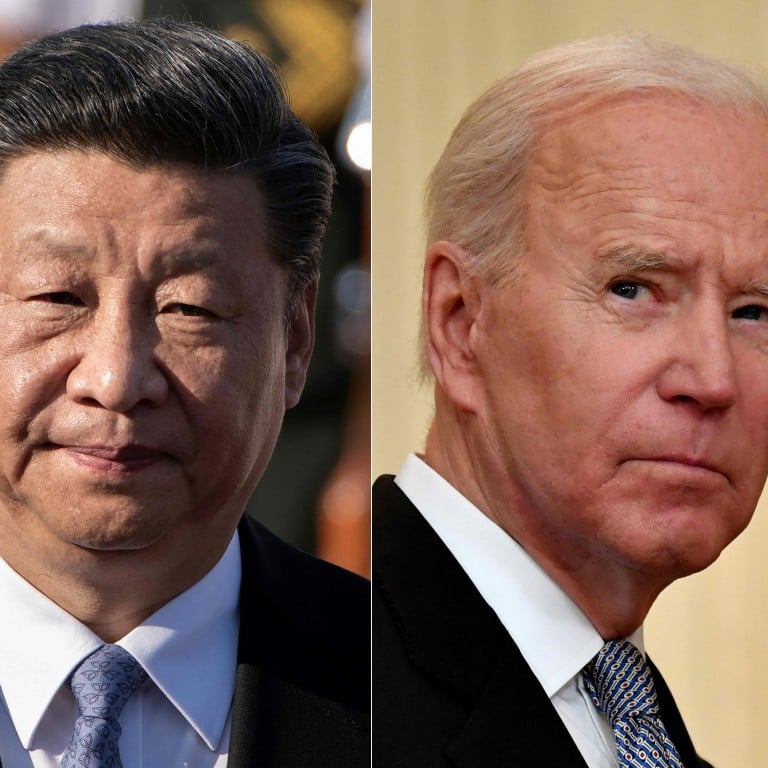
US and EU to back investigation into origins of coronavirus
- The US is among several countries that have called on China to be more transparent with its data amid ongoing questions over how the outbreak started
- A World Health Organization report earlier this year said the most likely origin was natural, but it has also called for further studies
The United States and the European Union are set to back a renewed push into investigating the origins of Covid-19 after conflicting assessments about where the outbreak started, according to a document seen by Bloomberg News.
In a draft statement the countries hope to adopt at a summit later this month, they “call for progress on a transparent, evidence-based, and expert-led WHO-convened phase 2 study on the origins of Covid-19, that is free from interference”.
The US is among several countries that have called on China to be more transparent with its data and allow greater access, amid ongoing questions over whether the outbreak was caused by a laboratory accident, was transmitted from wildlife or caused by something else.
A new investigation risks fuelling tensions with China, which has rejected suggestions of a lab leak and rebuffed international efforts to further investigate the virus’s origins.
A World Health Organization report earlier this year said the most likely origin was natural, but it’s also called for further studies.
A person familiar with discussions, which have taken place between European diplomats preparing the meeting, said that the US had asked the bloc for support on a study into Covid’s origins.
Joe Biden’s European diplomatic blitz will have China woven ‘throughout every meeting’
The White House did not immediately respond to a request for comment. The statement is a draft and could change before the US and European leaders meet in Brussels on June 15.
The document also says the US and EU “commit to working together toward the development and use of a swift and independent means for investigating such outbreaks in the future”.
Biden said that two “elements” of the intelligence community, which he did not identify, leaned toward a natural origin for the virus, while another leaned toward the Wuhan lab, a global hub for coronavirus research. Each side had “low to moderate confidence”.
Biden wants intelligence agencies to report back in 90 days, setting up the prospect of the issue flaring up again ahead of the Group of 20 summit where Biden could potentially meet Chinese President Xi Jinping.
The EU would also risk angering China by giving its backing to the study. Chinese Foreign Ministry spokesman Zhao Lijian has dismissed Biden’s move as an attempt to engage in “stigmatisation, political manipulation and blame-shifting”.
Elsewhere in the statement, the US and the EU will commit to continuing to support the Covax Facility to boost vaccinations in developing countries, and will “encourage more donors to make 2 billion vaccine doses available worldwide by late 2021.”

02:00
US pledges to donate 750,000 doses of Covid-19 vaccine to Taiwan amid ongoing outbreak
Funding and distributing vaccines to developing countries will be a key agenda item when G-7 leaders meet in Cornwall, England, this week. British Prime Minister Boris Johnson has said he wants the group to commit to inoculating the entire world by the end of next year
The EU and the US will also pledge to work together on their “similar multifaceted approaches to China, which include elements of cooperation, competition, and systemic rivalry”.


